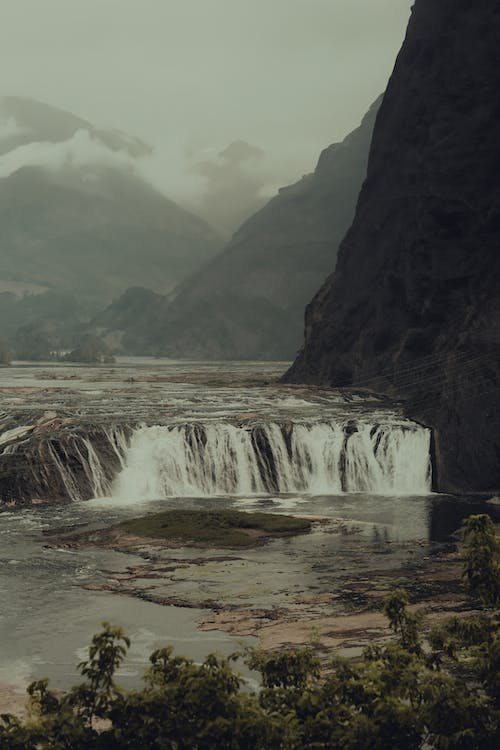The Earth is made up of roughly seventy-one percent water, wherein more than ninety-five percent of it is from the oceans. With this said, we can say that the abundance of water here on our planet is evident, and could hold several phenomena just by observing it. As expected, the various bodies of water on our planet hold many mysteries and natural phenomena, which caught the interest of different scientists.
Like any other feature found on Earth, water is one of the primary substances that helps sustain life in our world. Both animals and plants need water to survive, as well as humans. Furthermore, water provides oxygen for us to breathe. In simple terms, water is essential to the survival of humans and our planet.
The importance of water has been known since ancient times, and until our modern world, it is apparent that water is used in many different ways for the benefit of humans. This wide utilization of bodies of water is the reason why scientists also made contributions in learning more about its properties. Furthermore, a particular field of study about the movement of water on our planet was developed throughout the years. This field of science is called hydrology, and it branches out from Earth science, which is focused on the study of our planet.
In this article, we are going to look into the different parts of hydrology and its more profound definition. Furthermore – what is its history?
What is Hydrology?
As mentioned earlier, hydrology is a branch of Earth science devoted to the study of the properties and effects of water on Earth. It came from the Greek word Hydor and logos, which mean water and study, respectively. It focuses on the scientific study of the Earth’s water movement, distribution, and management.
Hydrologists – are scientists devoted to the practice of hydrology, which specializes in using different methods and equipment to collect and analyze data related to our planet’s water. The information gathered by hydrologists are used to the development of water utilization, as well as prevent natural disasters related to water.
Interestingly, hydrology branches out into much more specific areas of study. These fields of science include the following:
- Chemical Hydrology – it is the study of chemical characteristics
- Eco Hydrology – is a field of study that aims to understand the interactions between organisms and the hydrologic cycle.
- Hydrogeology – in relation to geology, this branch of hydrology focuses on the presence and movement of groundwater.
- Hydrogeochemistry– it is the study of the effects of weathering in water chemistry.
- Hydroinformatics – it has the same principles as information technology but adapted to hydrology and water resources applications.
- Hydrometeorology – it focuses on the study of the transfer of water and energy between land and water body surfaces.
- Isotope Hydrology –a branch of hydrology focused on the isotopic signatures of water.
- Surface Hydrology – evident to its name, it is the study of hydrologic processes on the Earth’s surface.
- Drainage Basin –focuses on the management of water storage, such as reservoirs, and flood protection.
- Water Quality – it includes the chemistry of water in lakes and rivers.
What is the origin of hydrology?
Hydrology has been a subject of interest for thousands of years. We can trace back its origins from many historical events in the previous millennia. One of the earliest works of hydrology was the dam of Nile river during 4000 BC.
Interestingly, different ancient civilizations developed various ways to manage water storage, as well as create flood protection. One example was in Mesopotamia, wherein they created high earthen walls to protect towns from flooding. Furthermore, ancient Greek and Romans created aqueducts to improve water storage and movement. Ancient China also built their version of irrigation and flood control works.
Fast-forward to the 17th century when hydrology started to have a more scientific view. It was when the French scientists Pierre Perrault and EdmeMariotte, along with the English scientist Edmund Halley, made a significant contribution to the development of hydrology. Their works consist of the earliest methods of the measurement of rainfall, runoff, and drainage area. Because of their work, they are often regarded as the pioneers of the modern science of hydrology. Their work made a significant impact on the advancement of hydrology, as well as Earth science as a whole.
